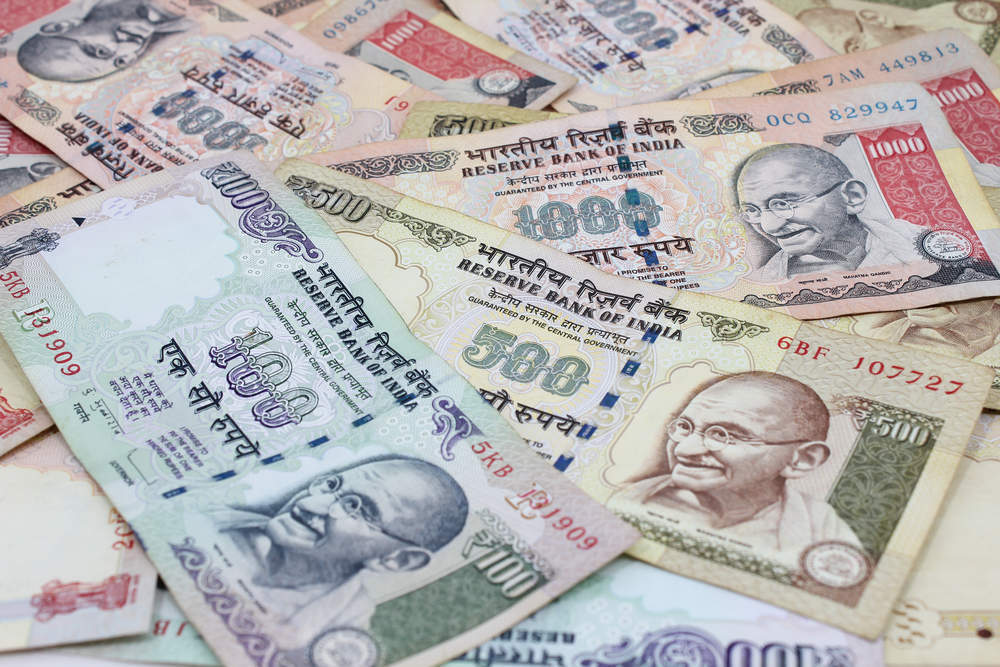
The Goods and Services Tax (GST) will replace a myriad of India’s federal and state taxes, government officials announced on Monday after a special midnight session of parliament.
The overhaul of the existing tax legislation represents the country’s most ambitious economic reforms in 70 years.
The new GST is intended to cut red tape and boost economic growth.
Goods and services will be taxed under four basic rates — five percent, 12 percent, 18 percent and 28 percent.
Coffee, tea, and spices will be some of the goods subject to a five percent tax rate.
Butter, cheese and dried fruits will receive a 12 percent tax.
How well do you really know your competitors?
Access the most comprehensive Company Profiles on the market, powered by GlobalData. Save hours of research. Gain competitive edge.

Thank you!
Your download email will arrive shortly
Not ready to buy yet? Download a free sample
We are confident about the unique quality of our Company Profiles. However, we want you to make the most beneficial decision for your business, so we offer a free sample that you can download by submitting the below form
By GlobalDataSugar, pasta, and cornflakes fall into the 18 percent category.
Deodorants, shaving cream and shampoo are some of the products where the highest tax rate of 28 percent applies.
Foods including fresh meat, eggs, milk, fruits and vegetables will not be subject to GST at all, but existing taxes will still apply.
India’s finance minister Arun Jaitley said the GST will see the economy grow by two percent.
“Long term, and we’re talking more than five years, we’re talking about eight to 10 years, I think it will lift growth potential, that’s for sure,” Vishnu Varathan, a senior economist at Mizuho Bank, told CNBC.
However, some have criticised the plans for failing to provide a transition period, meaning that businesses will struggle to adapt to the new legislation.
“I think the challenge (of implementation) is that we have delayed the outreach. The training and the outreach should have been done for a scale of this project,” said Girija Pande, executive chairman at Apex Avalon Consulting.
Many companies do not even have a computer to register on the GST network, the BBC reported.
“No country of comparable size and complexity has attempted a tax reform of this scale,” Harishankar Subramanian, of Ernst and Young previously told the BBC.
The majority of goods and services are expected to increase in the immediate aftermath of the tax implementation.







